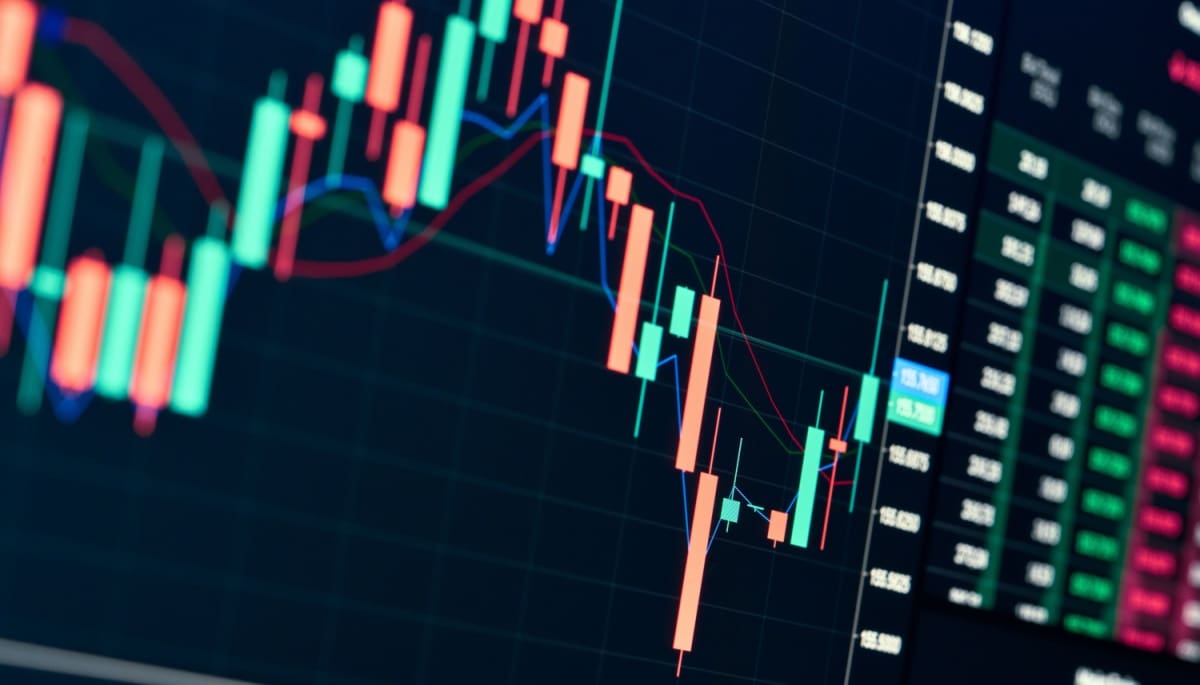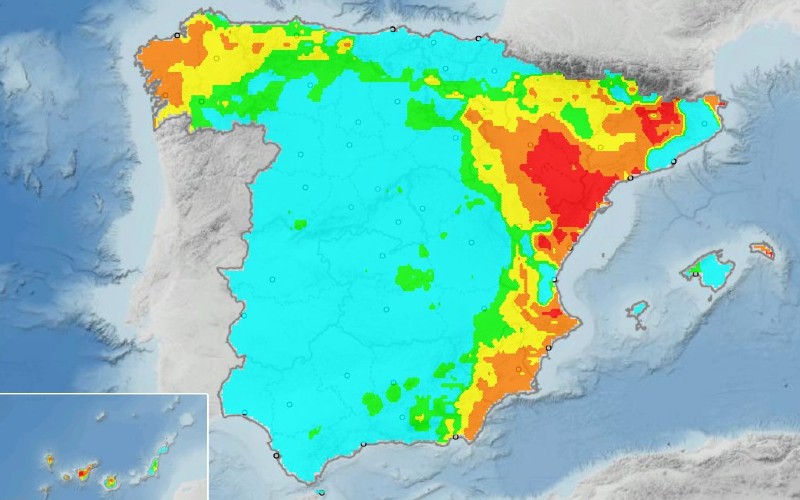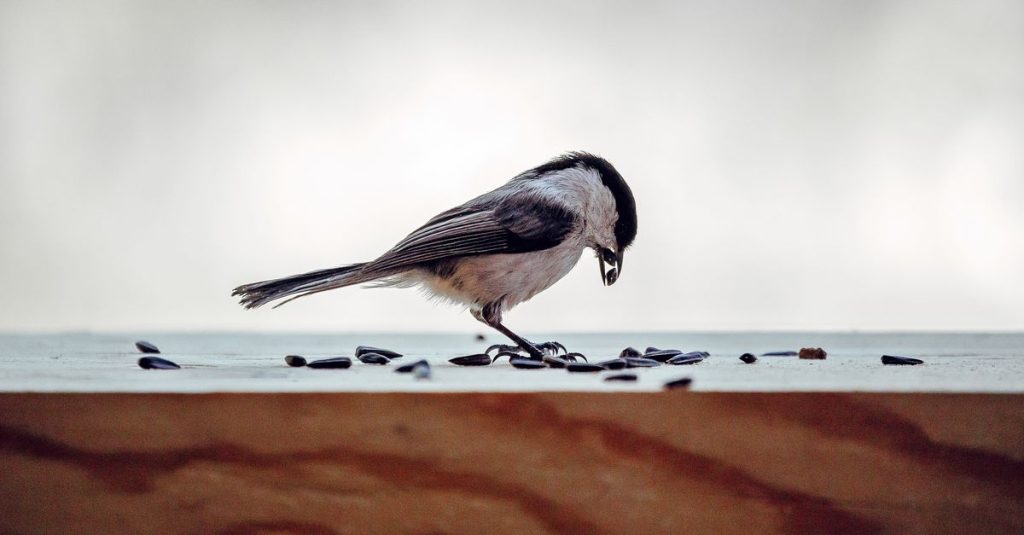The decline of mammals and birds has made it more difficult for many plants to adapt to climate change. These are plants that depend on animals for dispersal of their seeds. who – which Environmental scientists conclude in an article which was published on Thursday in Science.
Climate zones are changing due to global warming. For example, the Netherlands is expected to have a Bordeaux climate in southern France within thirty years. Plants associated with a particular climate zone should move. They do this by spreading their seeds. How quickly climatic zones change varies from place to place. “It could be a few meters per year, but it could also be up to one kilometer per year,” says Jens Christian Svening, professor of ecology at Aarhus University and one of the authors of the publication.
Half of all plant species have their seeds dispersed by animals. The decline of many animal species over the past millennia, and their eventual extinction, has affected the ability of many plants to reproduce. In the now published article, researchers have attempted to quantify this worldwide effect. “In a very clever way,” replies Patrick Jansen, associate professor of ecology at Wageningen University, who was not involved in the study.
computer model
The researchers initially collected a number of databases with data on the interaction between the dispersed seeds of animal species and the plants from which they dispersed. On this basis, they built (via machine learning) A computer model that predicts interactions between an animal species dispersal of seeds and associated plants, and what this means for seed dispersal.
They then calculated how plants’ ability to disperse their seeds had been affected by the decline and extinction of mammal and bird species over the past 50,000 years. They concluded that this capacity (an indicator of the amount of seeds that sprout and germinate, and the distance the seeds spread) has actually decreased by 60 percent worldwide. If the mammal and bird species now at risk continue to decline and become extinct, this capacity would increase by another 15 percentage points.
large mammals
The researchers wrote that climatic zones are changing rapidly in Europe and eastern North America, for example. The ability of plants to keep up with this is already low, because many large mammals in particular have disappeared in the past.
According to Janssen, the study draws attention to a “problem that has been severely underestimated.” The researchers did not even include other drawbacks, such as the fragmentation of nature. “The seed of a plant can end up a few kilometers across a bird, but if the seed ends up on a street or field, it will not be of any use to the plant.” In addition, nature reserves are often fenced. Larger seed-dispersal mammals, such as deer, cannot spread seeds outside that area.
A version of this article also appeared on NRC on the morning of January 14, 2022

“Total coffee specialist. Hardcore reader. Incurable music scholar. Web guru. Freelance troublemaker. Problem solver. Travel trailblazer.”







More Stories
By Theo Olthuis: “Space gave its soft wings of sound”
There is now a lake in one of the driest places on Earth
Bluetongue spreads partly by animal transmission